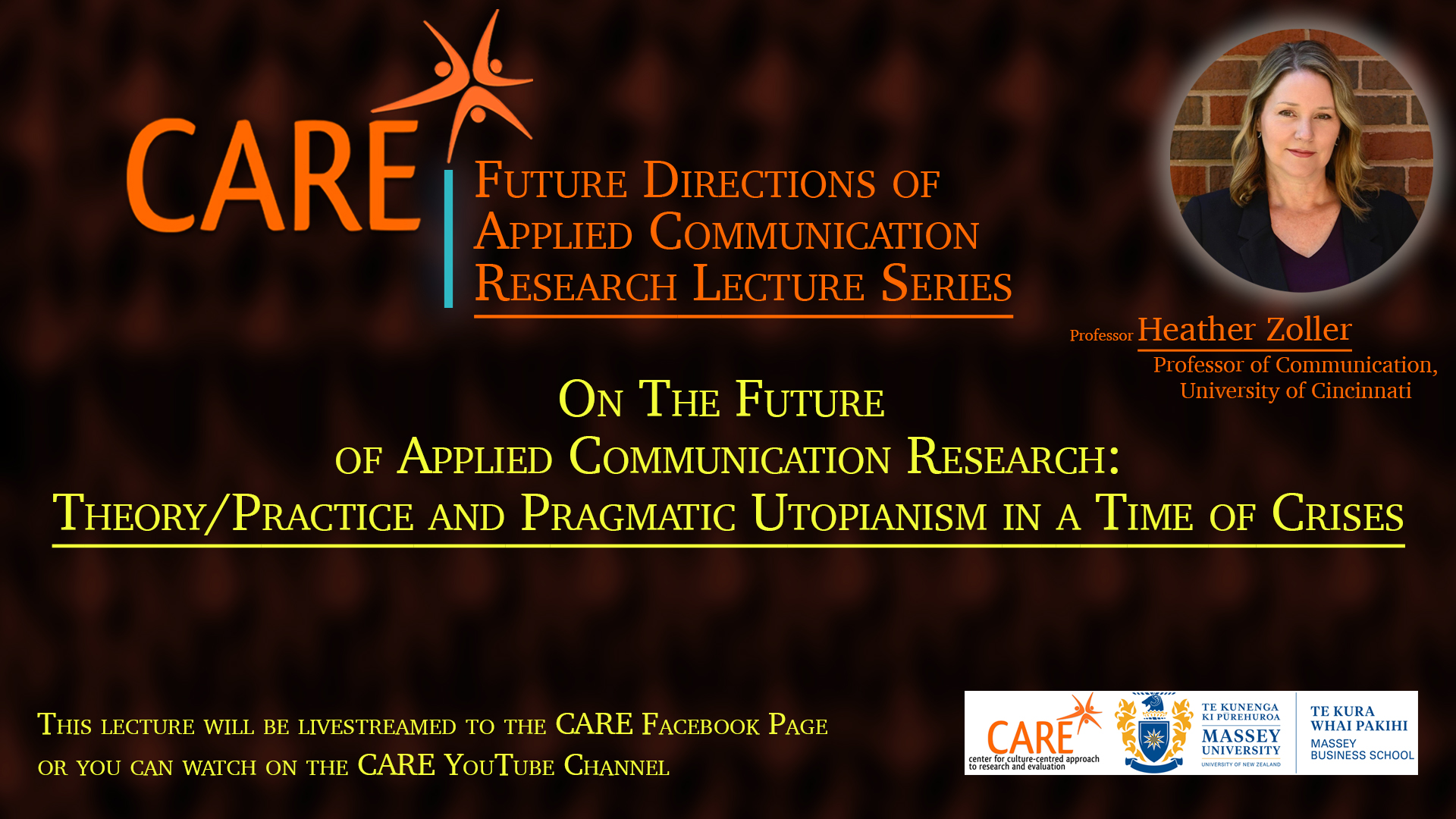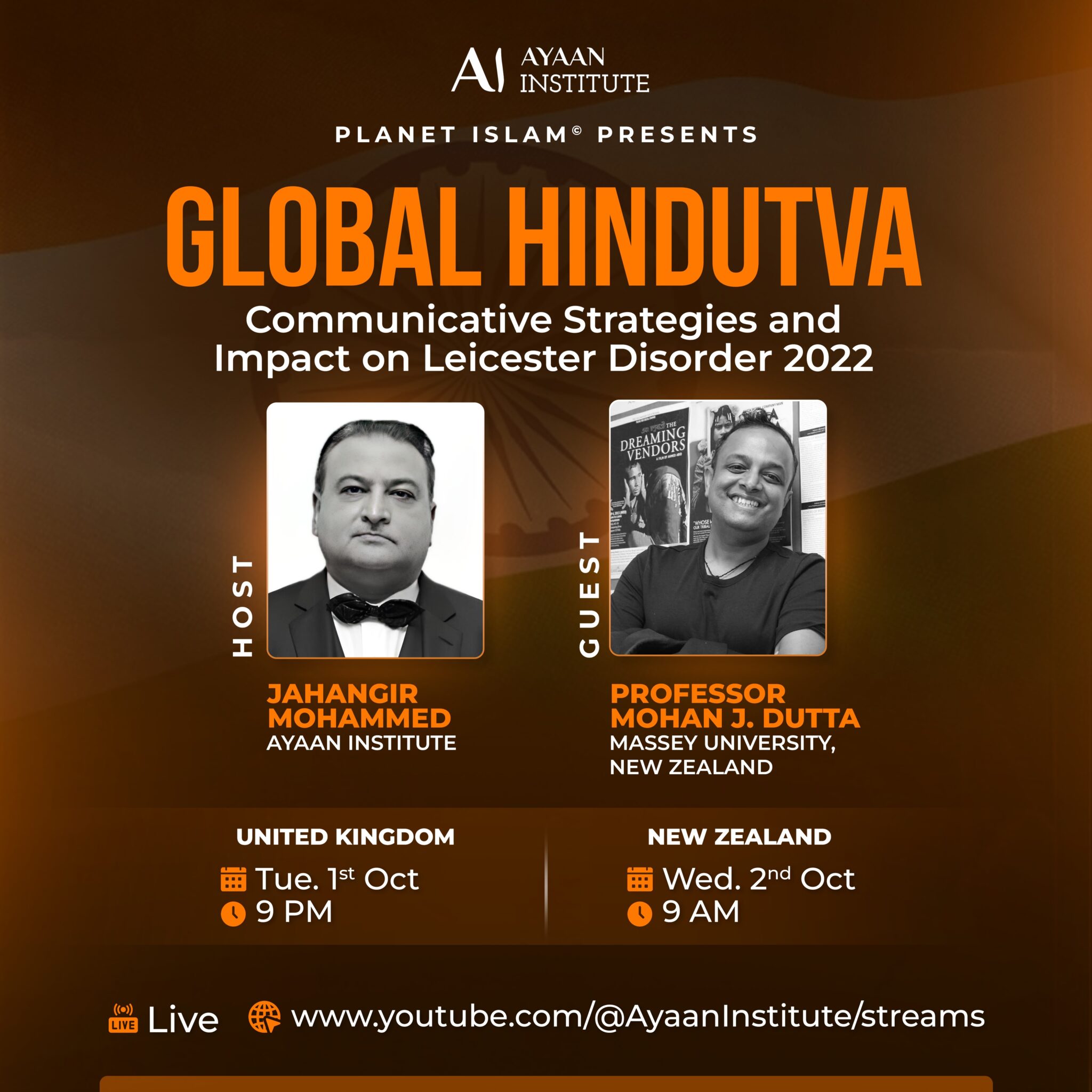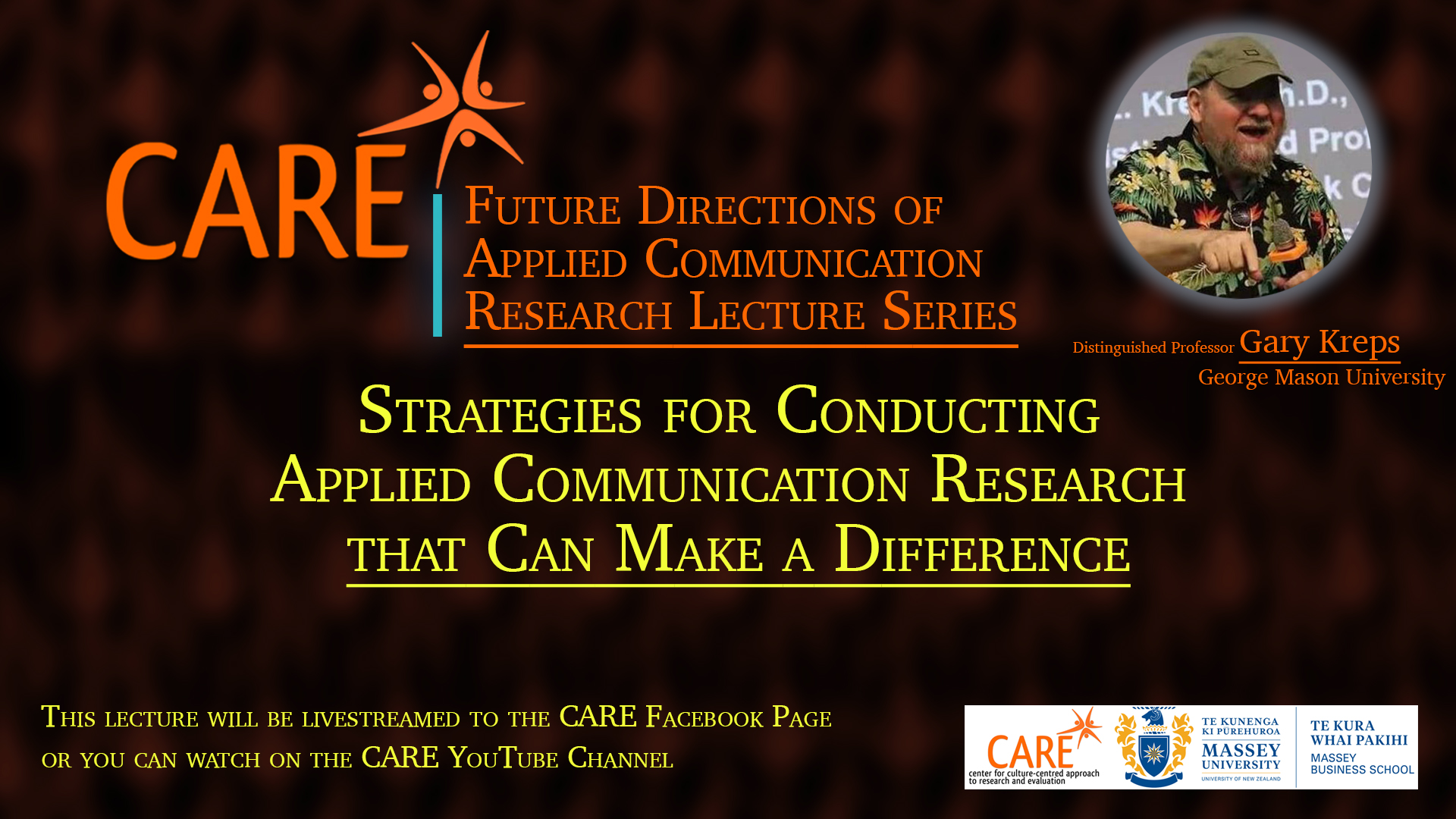Disrupting and Consolidating Communication Research: Applying Communication Theory to Practice
June 12-June 16, 2025, Massey University, Palmerston North, Aotearoa New Zealand
Oceania Hub: Aotearoa New Zealand
Hosted by:
Center for Culture-Centered Approach to Research and Evaluation (CARE)
Communication and Media Studies at Massey University
Organisers: Debalina Dutta, Sy Taffel, Sean Phelan, & Mohan Dutta
Call for Submissions EXTENDED; now Due on March 14, 2025, 11:59 pm NZST
The Oceania Hub of the International Communication Association (ICA) 2025 conference, hosted at Te Kunenga ki Pūrehuroa Massey University in Aotearoa New Zealand, explores questions surrounding disrupting Communication Research through the lens of Te Tiriti and Social Justice. Drawing on communication scholarship organised around the various registers of social justice, the Hub examines the intersections of communication theorizing and practice, mobilized toward disruptions and consolidation. The hub will be held in hybrid form, with both in-person and virtual sessions. Selected panels, papers, and interventions will be considered for waiver of conference registration fees.
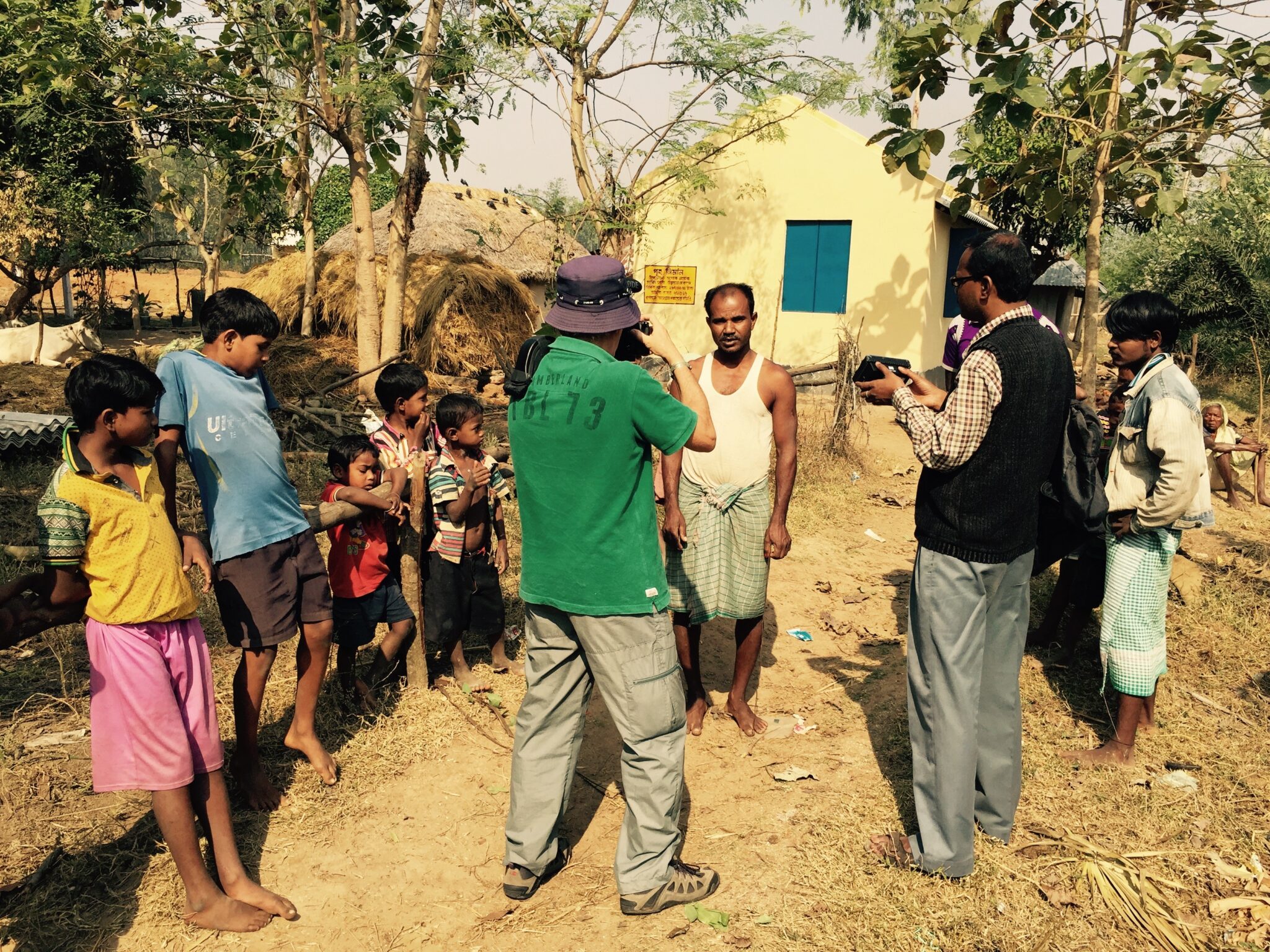
We invite disciplinary and interdisciplinary submissions and multimedia communication interventions (video stories, film, performances, art forms, photographic images, sound productions) from the broader Asia-Pacific, focusing on the representation of the scholarship of communication practice from the Islands of the Pacific. The salience of Pacific participation is constituted around the global sustainability challenges of climate change, rising water levels, extreme inequality etc. We see the hub as offering an opening for disrupting what counts as communication scholarship through the engagement with practices of communication for social change.
The ICA Regional Hub at CARE will comprise a one-day hybrid workshop on “Connecting theory and practice as disruptions.” The workshop will bring in scholars from across the Asia-Pacific in both virtual and face-to-face sessions, focusing on key questions exploring the intersections of theory and practice in the context of addressing complex global challenges at a time when reactionary forces are on the rise. Aligned with the ICA 2025 conference theme of “Disrupting and Consolidating Communication Research,” the workshop will center the questions of disruptions from the context of the Pacific, anchoring the conversations in the struggles for justice and/or sustainability among others in communities across the Pacific. Sessions will connect with local organisers and activists in generating conversations on key questions on decolonizing knowledge. Centering the principles of Kaupapa Māori and indigenous methods across Asia and the Pacific, the workshop will explore the role of community as an organising space for building knowledge.
The Hub will operate in a hybrid model, with face-to-face participation complementing virtual participation. We welcome paper or panel submissions on the following topics and beyond:
- The futures of struggles around diversity, equity, and inclusion (DEI)
- Theorizing communication applications
- Decolonizing communication scholarship
- Sustainable communicative futures
- Science communication futures
- ‘Disruptive innovation’ and social justice
- AI and/as disruption
- Disruptive alternatives to corporate platforms and infrastructures
- Indigenous data sovereignty
- Internationalization of the culture wars
- Communication theory and mutant neoliberalism
- The normalization of reactionary politics
- Cultures of political resistance
- Health communication and social determinants
- Climate justice
- Communication theory, transdisciplinarity and interdisciplinarity
- Media cultures and ecologies
- Imperialism, geopolitics and multipolarity
- Critical development communication
We extend a special invitation to postgraduate students, activists and scholars from the Global South, Indigenous, LGBTQIA+ and those living with disabilities.
We invite submissions from the region addressing the theme “Disrupting and consolidating Communication Research.” The submissions can take the form of academic papers as well as multimedia forms beyond the text such as photos, audio, video stories, film, performance etc.
Please submit a title and an abstract no longer than 250 words. If you are submitting a multimedia intervention, please describe the interventions in the abstract. Please email your submission to Debalina Dutta at D.Dutta@massey.ac.nz by March 14, 2025, 11:59 pm NZST.
#ICA2025 #CommunicationResearch #SocialJustice #DecolonizingKnowledge #IndigenousMethods #PacificScholarship #MediaStudies #ClimateJustice #AIandDisruption #CommunicationForChange #TheoryAndPractice #SustainableFutures #HealthCommunication #PoliticalResistance #CriticalDevelopment #CulturalStudies #OceaniaHub #HybridConference #AcademicCall #DisruptiveInnovation #CommunityEngagement
CULTURALLY COMPETENT HEALING STRATEGIES WITHIN THE BLACK/AFRICAN AMERICAN COMMUNITY THAT EMPOWER HUMAN TRANSFORMATION
Talk on Wednesday 12 March 2025
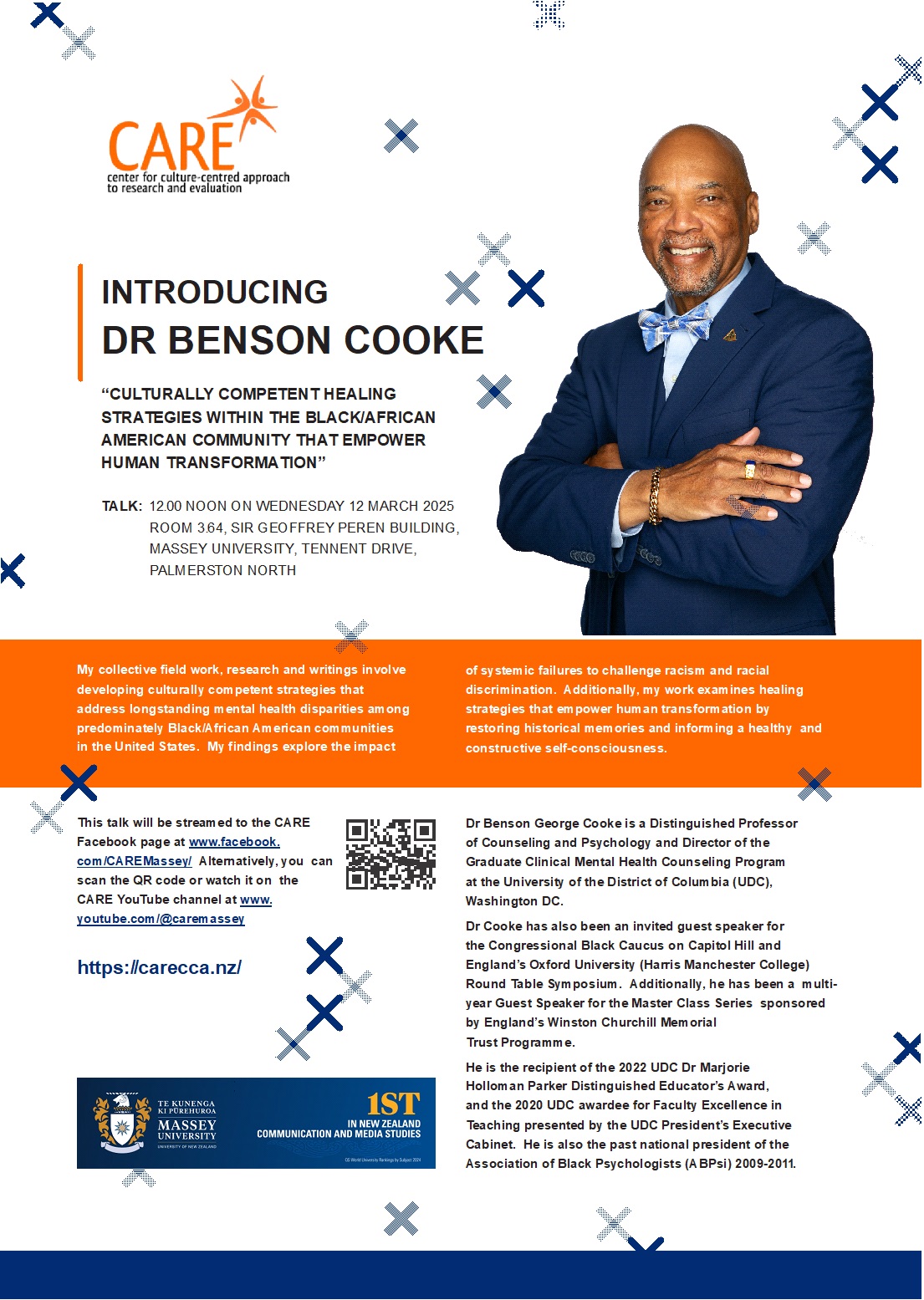
#CAREMassey #MasseyUni #BlackHealingMatters #AfricanAmericanWellness #MindBodySoulHealing #SacredSelfCare #EmpowertheCulture #RootedTradition #CommuntyTransformation #RestorariveJusticeBlackHealing #HealingThroughUnity #CultureCenteredApproach #CARECCA
Disrupting and Consolidating Communication Research: Applying Communication Theory to Practice
June 12-June 16, 2025
Massey University, Palmerston North, Aotearoa New Zealand
Oceania Hub: Aotearoa New Zealand
Hosted by:
Center for Culture-Centered Approach to Research and Evaluation (CARE)
Communication and Media Studies at Massey University
Organizers: Debalina Dutta, Sy Taffel, Sean Phelan, & Mohan Dutta
Call for Submissions Due Date: March 7, 2025, 11:59 pm NZST
The Oceania Hub of the International Communication Association (ICA) 2025 conference, hosted at Te Kunenga ki Pūrehuroa Massey University in Aotearoa New Zealand, explores questions surrounding disrupting Communication Research through the lens of Te Tiriti and Social Justice. Drawing on communication scholarship organized around the various registers of social justice, the Hub examines the intersections of communication theorizing and practice, mobilized toward disruptions and consolidation. The hub will be held in hybrid form, with both in-person and virtual sessions. Selected panels, papers, and interventions will be considered for waiver of conference registration fees.

We invite disciplinary and interdisciplinary submissions and multimedia communication interventions (video stories, film, performances, art forms, photographic images, sound productions) from the broader Asia-Pacific, focusing on the representation of the scholarship of communication practice from the Islands of the Pacific. The salience of Pacific participation is constituted around the global sustainability challenges of climate change, rising water levels, extreme inequality etc. We see the hub as offering an opening for disrupting what counts as communication scholarship through the engagement with practices of communication for social change.
The ICA Regional Hub at CARE will comprise a one-day hybrid workshop on “Connecting theory and practice as disruptions.” The workshop will bring in scholars from across the Asia-Pacific in both virtual and face-to-face sessions, focusing on key questions exploring the intersections of theory and practice in the context of addressing complex global challenges at a time when reactionary forces are on the rise. Aligned with the ICA 2025 conference theme of “Disrupting and Consolidating Communication Research,” the workshop will center the questions of disruptions from the context of the Pacific, anchoring the conversations in the struggles for justice and/or sustainability among others in communities across the Pacific. Sessions will connect with local organizers and activists in generating conversations on key questions on decolonizing knowledge. Centering the principles of Kaupapa Māori and indigenous methods across Asia and the Pacific, the workshop will explore the role of community as an organizing space for building knowledge.
The Hub will operate in a hybrid model, with face-to-face participation complementing virtual participation. We welcome paper or panel submissions on the following topics and beyond:
- The futures of struggles around diversity, equity, and inclusion (DEI)
- Theorizing communication applications
- Decolonizing communication scholarship
- Sustainable communicative futures
- Science communication futures
- ‘Disruptive innovation’ and social justice
- AI and/as disruption
- Disruptive alternatives to corporate platforms and infrastructures
- Indigenous data sovereignty
- Internationalization of the culture wars
- Communication theory and mutant neoliberalism
- The normalization of reactionary politics
- Cultures of political resistance
- Health communication and social determinants
- Climate justice
- Communication theory, transdisciplinarity and interdisciplinarity
- Media cultures and ecologies
- Imperialism, geopolitics and multipolarity
- Critical development communication
We extend a special invitation to postgraduate students, activists and scholars from the Global South, Indigenous, LGBTQIA+ and those living with disabilities.
We invite submissions from the region addressing the theme “Disrupting and consolidating Communication Research.” The submissions can take the form of academic papers as well as multimedia forms beyond the text such as photos, audio, video stories, film, performance etc.
Please submit a title and an abstract no longer than 250 words. If you are submitting a multimedia intervention, please describe the interventions in the abstract. Please email your submission to Debalina Dutta at D.Dutta@massey.ac.nz by March 7, 2025, 11:59 pm NZST.
1st MUSLIMS in ASIA PACIFIC (MAP) CONFERENCE
Conference Theme: Experiences and challenges of Muslims in Asia Pacific

INVITATION AND CALL FOR ABSTRACTS
Abstracts are invited for submission to the 1st Muslims in Asia Pacific (MAP) Conference to be jointly hosted by the Centre for Culture-centred Approach to Research and Evaluation (CARE) Massey University in collaboration with Muslim Diversity Study and University of Otago, funded by Federation of Islamic Associations of New Zealand (FIANZ). The conference seeks to build an opportunity for scholars focusing on topics related to Islam and Muslims living in the context of Asia Pacific to connect, share and discuss the challenges that we have ahead. Our aim is to better understand the scope of research being done in Asia Pacific and Aotearoa NZ in topics related to Muslims and Islam, and to develop our community of researchers, practitioners and advocates, building a sustainable network for research, theorising, and advocacy centred on the experiences of Muslims in the region.
We welcome practitioners, academics, and postgraduate students working on topics directly in, or related to: Muslims, Muslim studies, Critical Muslim studies, Islamophobia, Muslim identity and Muslimness. We would like this event to be inclusive. A range of papers will be accepted that fit under the term “research”, including but not limited to, conceptual papers, empirical studies, reports, and interesting cases.
Please click this link for the call for papers or go this page https://easychair.org/cfp/MAP1_MuslimConferenceNZ
For submission go here or click on this page https://easychair.org/conferences/?conf=map1
Deadline: Feb 25th 2025
Digital media and electoral violence in India: the role of social media propaganda and fear speech
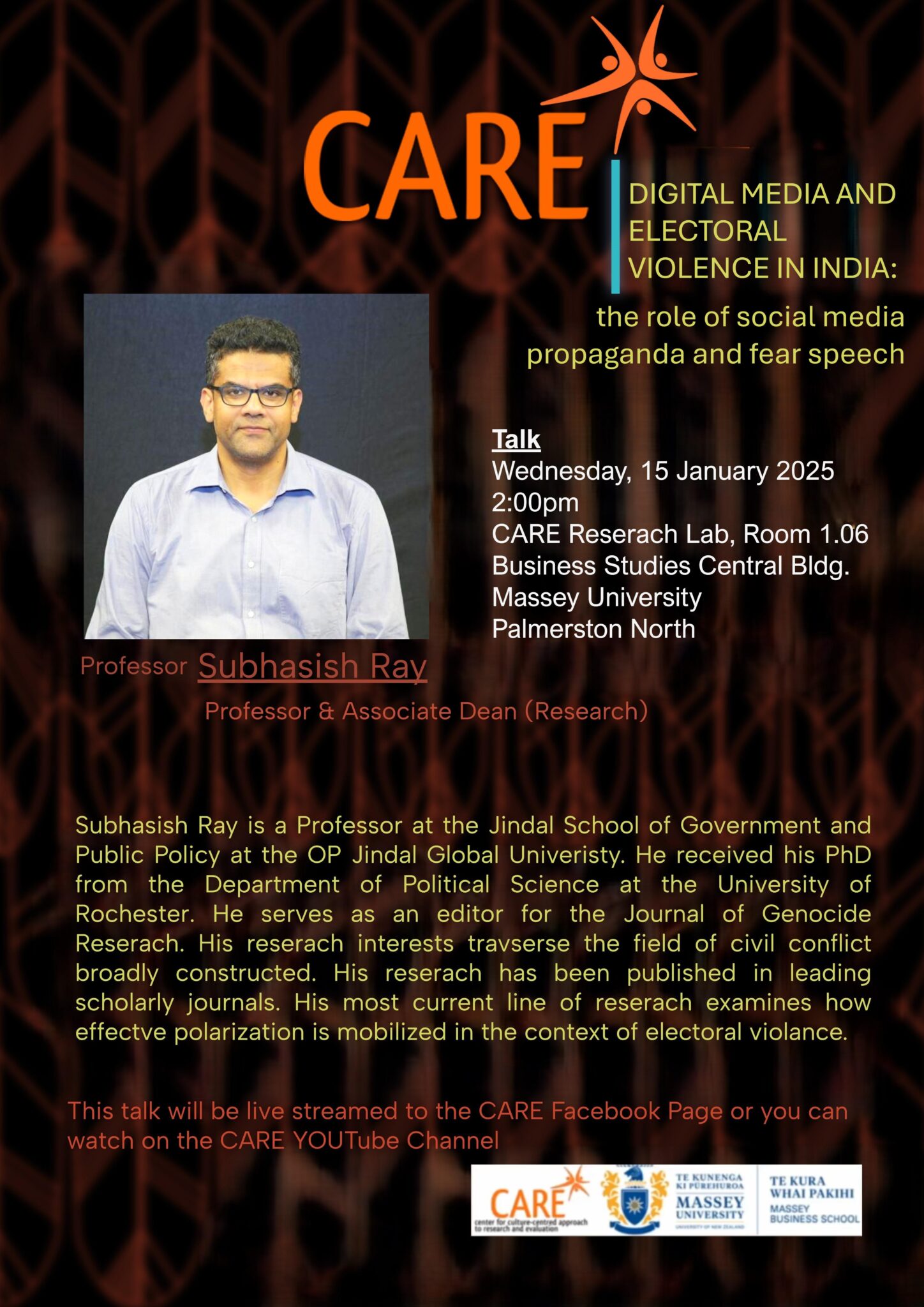
Link to Follow soon
The Fifth Lecture: On The Future of Applied Communication Research: Theory/Practice and Pragmatic Utopianism in a Time of Crises
CARE | Future Directions Of Applied Communication Research Lecture Series
We are pleased to announce the Fifth Lecture in the Future Directions Of Applied Communication Research Lecture Series, by Professor Heather Zoller, University of Cincinnati on “The Future of Applied Communication Research: Theory/Practice and Pragmatic Utopianism in a Time of Crises.”
Event Details:
Date: October 22, 2024
Time: 10 am NZST
Watch Live on Facebook & YouTube via Zoom
Facebook LIVE: https://www.facebook.com/share/J3vssuXuJ5NyozLd/
YouTube LIVE: https://www.youtube.com/live/KsGu8shkcyE?si=05u-4FqPHaGFfgHs
About the Lecturer:
Professor. Heather Zoller, discusses continued challenges in conceptualizing applied communication research from her vantage point as Editor of the Journal of Applied Communication Research and a critical health and organizational communication scholar. She outlines an agenda for developing communication theories and practices that meet the major sociopolitical and economic crises of our time. She then describes critical pragmatism as one avenue for developing applied research, and discusses “pragmatic utopianism” as an exemplar of applying communication insights to challenge the status quo and foster equitable and democratic social change.
Bio:
Heather M. Zoller is a Professor of Communication at the University of Cincinnati where she directs the Communicating Health, Science, Environment, and Risk Certificate. She is the Editor-in-Chief at the Journal of Applied Communication Research and former Senior Editor at Health Communication and Management Communication Research. Her research investigating organizing for healthy work in sustainable and equitable economic systems is published in outlets such as Communication Monographs, Journal of Applied Communication Research, Human Relations, and the Handbook of Organizational Communication Theory and Research. She co-edited the volume “Emerging Perspectives in Health Communication” with Mohan Dutta. She is a member of the National Academies of Sciences, Engineering, and Medicine NIOSH committee on PPE, and served as Board President for Ohio Citizen Action Education Fund. (See https://www.heatherzoller.com/.)
#CommunicationResearch #HeatherZoller #AppliedCommunication #CAREMassey #MasseyUni #AcademicTalk #PragmaticUtopianism #HealthCommunication #OrganizationalCommunication #SociopoliticalCrises #EquitableChange #Aotearoa #NewZealand
The Fourth Lecture: Beyond Binary Thinking in Applied Communication Research with Professor Debbie S. Dougherty | University of Missouri
CARE | Future Directions Of Applied Communication Research Lecture Series
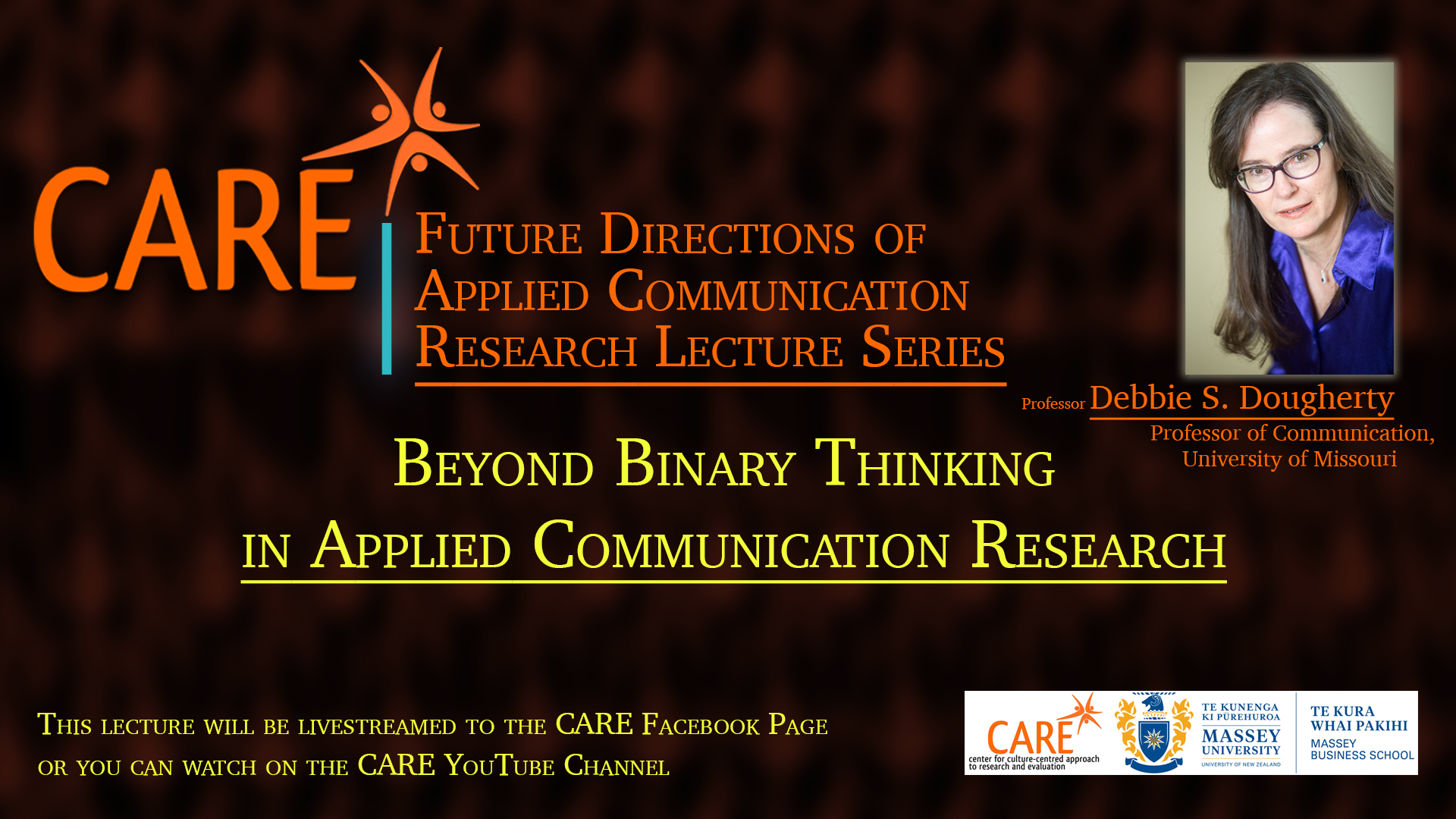
Lecture 4 | Beyond Binary Thinking in Applied Communication Research
Date: Thursday, October 10, 2024
Time: 10 AM NZDT
Location: LIVE ON Facebook & YouTube via Zoom
Facebook: https://www.facebook.com/events/2552960281564393
YouTube: https://www.youtube.com/live/jJYA9Ap3amY
About the Speaker:
Debbie S. Dougherty (Ph.D. University of Nebraska, 2000) is Professor of Communication at University of Missouri. Her research focuses on power and organizing, particularly as it relates to sexual harassment, social class, and emotions. with publications in places such as Harvard Business Review, Human Relations, Journal of Communication, Human Communication Research, Communication Monographs, Management Communication Quarterly, Journal of Applied Communication Research, and Sex Roles.
She has also provided organizational communication training and development in a number of organizations and has been extensively utilized as a resource for news sources such as the New York Times, Newsweek, Forbes, and the Oprah Magazine.
Prof. Dougherty has received a number of awards, including the Organizational Communication Book of the Year and Textbook of the Year, NCA Applied Communication Scholar Award, The Jack Kay Award for Engaged Research, the Management Communication Quarterly Article of the Year Award, the Norman K. Denzin Qualitative Research Award, the Excellence in Education Award, and the Gold Chalk Award for graduate student mentoring.
#CAREMassey #CARECCA #CARELectureSeries #MasseyUniversity #ClemsonUniversity #AppliedCommunication #DebbieSDougherty #BinaryThinking #CommunicationResearch
Professor Mohan J Dutta features on Ayaan Institute’s podcast on Global Hindutva: Communicative Strategies and Impact on Leicester Disorder 2022
CARE: Center for Culture-Centered Approach to Research and Evaluation is excited to share the podcast by Prof. Mohan Dutta, Massey University with Mr Jahangir Mohammed, Ayaan Institute on #GlobalHindutva
The latest Ayaan Institute podcast episode features an insightful discussion with Professor Mohan J Dutta from Massey University. Dive into his groundbreaking research on Global Hindutva and its impact on the #Leicester disorder in September 2022. This episode also explores the connections between #Hindutva, far-right narratives, and violence.
This podcast was streamed LIVE and recorded on 2nd October.
Don’t miss out! Watch now: https://www.youtube.com/live/5TPK7dDs_Lk
Read more about Ayaan Institute here: http://www.ayaaninstitute.com/
Future Directions of Applied Communication Research Lecture Series | Strategies for Conducting Applied Communication Research that Can Make a Difference
Lecture Topic: Strategies for Conducting Applied Communication Research that Can Make a Difference with Distinguished Professor Gary Kreps, George Mason University
Tuesday, 3rd September 2024 @ 10 am NZST on Facebook LIVE & YouTube LIVE!
Facebook: https://www.facebook.com/share/RMBrKaZwjuCLG5XZ/
YouTube: https://www.youtube.com/live/H-KCN0hnwuU
About the Lecturer: Prof. Gary Kreps is completing his 20th year on the faculty at George Mason University, where he currently serves as a Distinguished University Professor of Communication and Founding Director of the Center for Health and Risk Communication. Prof. Gary teaches courses concerning Communication Research, Health Communication, Risk Communication, Interpersonal Communication, Organizational Communication, Consumer-Provider Health Communication, Health Communication Campaigns, and Digital Communication.
Prior to joining the faculty at Mason, he had the pleasure of serving as the Founding Chief of the Health Communication and Informatics Research Branch at the National Cancer Institute (NIH), where he planned, developed, and coordinated major new national research and outreach initiatives concerning risk communication, health promotion, behavior change, technology development, and information dissemination to promote effective cancer prevention, screening, control, care, and survivorship.
Prof. Gary also served as the Founding Dean of the School of Communication at Hofstra University, Executive Director of the Greenspun School of Communication at UNLV, and in faculty and administrative roles at Northern Illinois, Rutgers, Indiana, and Purdue Universities.
Read more here
Read more about the CARE Lecture Series:
#AppliedCommunicationResearch #CARELectureSeries #CommunicationResearch #GaryKreps #CAREMassey #MasseyUni #GeorgeMasonUniversity #CARECCA #Aotearoa #NewZealand

